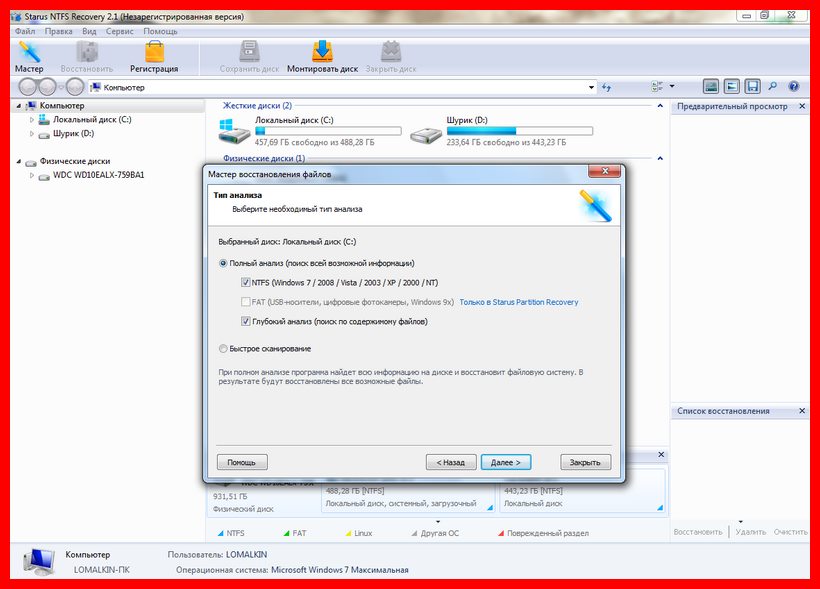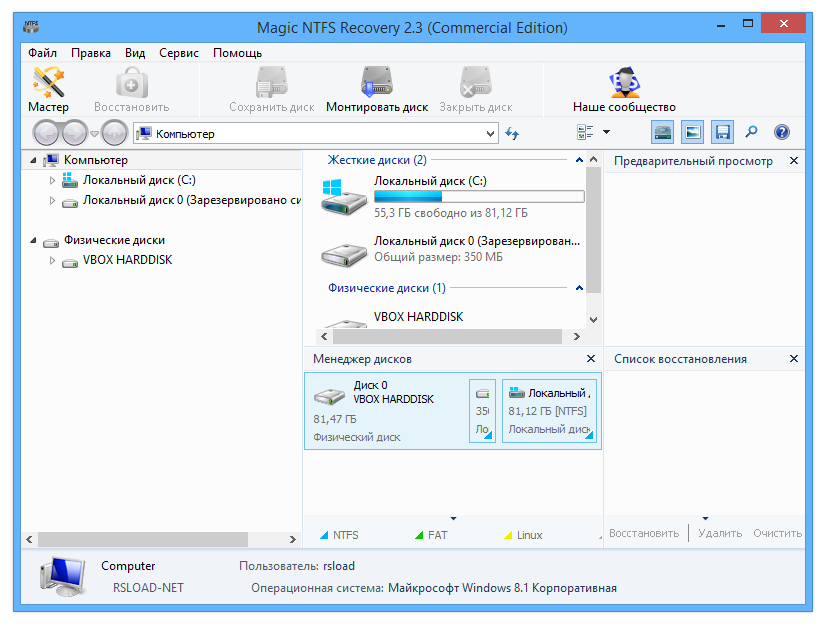


UEFI replaces the BIOS which was present in the boot ROM of all personal computers that are IBM PC compatible, although it can provide backwards compatibility with the BIOS using CSM booting. Examples of firmware that implement the specification are AMI Aptio, Phoenix SecureCore, TianoCore EDK II, InsydeH2O. In computing, Unified Extensible Firmware Interface ( UEFI, / ˈ uː ɪ f aɪ/ or as an acronym) is a specification that defines the architecture of the platform firmware used for booting the computer hardware and its interface for interaction with the operating system. They can use different I/O protocols, but SPI is the most common. The UEFI implementation is usually stored on a NOR-based EEPROM that is located on the mainboard.


 0 kommentar(er)
0 kommentar(er)
